German Court Dismisses Peruvian Farmer’s Climate Case Against Energy Giant RWE
A German court has rejected a landmark climate lawsuit brought by a Peruvian farmer against energy company RWE, concluding a decade-long legal battle that has drawn global attention.A higher regional court in Hamm, Germany, has dismissed a climate change lawsuit filed by Saúl Luciano Lliuya, a Peruvian farmer and mountain guide, against German energy firm RWE. The court ruled that the risk of flooding to Mr. Lliuya’s home in Huaraz, Peru, was not significant enough for the case to proceed, effectively ending the legal challenge and barring further appeals.
Mr. Lliuya had sought €17,000 (£14,250) in damages, which he intended to use to fund a flood defense project to protect his Andean hometown. He argued that RWE’s historical carbon emissions contributed to global warming and the accelerated melting of glaciers near Huaraz, increasing the risk of devastating floods from Lake Palcacocha, located above the city.
Despite the court’s rejection of his claim, environmental groups have welcomed aspects of the ruling. Judges acknowledged that companies could potentially be held liable for the environmental impact of their emissions under German civil law. Germanwatch, a climate advocacy group that supported the case, called the decision "legal history," noting it could influence similar lawsuits worldwide.
RWE, which was listed among Europe’s top polluters in a 2013 emissions database, defended itself by stating that it had no operations in Peru and questioned why it was targeted. The company also highlighted its commitment to phasing out coal and achieving carbon neutrality by 2040.
Mr. Lliuya launched his legal campaign in 2015, inspired by his firsthand observations of shrinking glaciers in the Peruvian Andes. He pointed out that the volume of water in Lake Palcacocha has quadrupled since 2003, increasing the risk of a glacial lake outburst flood—especially if ice blocks were to fall into the lake from surrounding glaciers.
The lower court initially dismissed the case in 2015, arguing that individual companies could not be singled out for climate change. However, in 2017, the higher court reversed that decision, allowing the case to proceed and sparking international interest among environmental lawyers and activists.
Mr. Lliuya's legal team claimed that RWE was responsible for approximately 0.5% of global carbon emissions and argued that the firm should contribute proportionally to the estimated $3.5 million needed for protective infrastructure in Huaraz.
While the court ultimately ruled against Mr. Lliuya, his lawyer, Roda Verheyen, and supporters outside the court expressed pride in having advanced the legal conversation around corporate climate responsibility.
Environmental groups remain optimistic that the case’s partial recognition of corporate liability could pave the way for more successful climate litigation in the future.


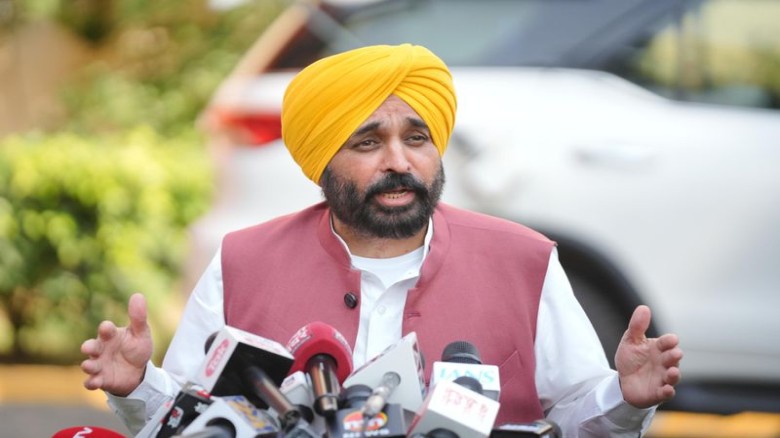



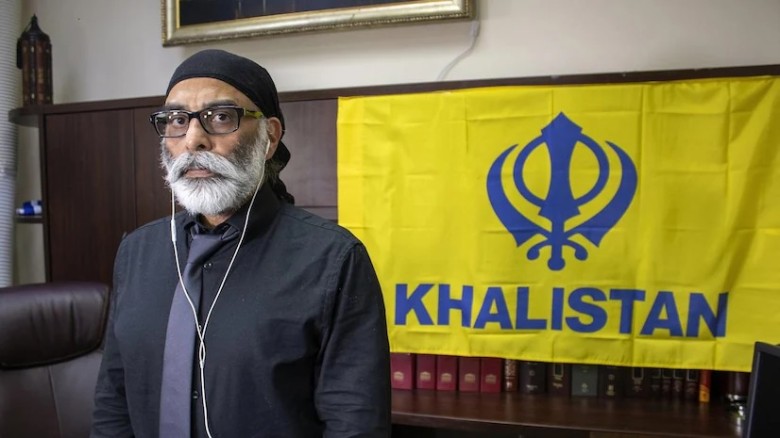


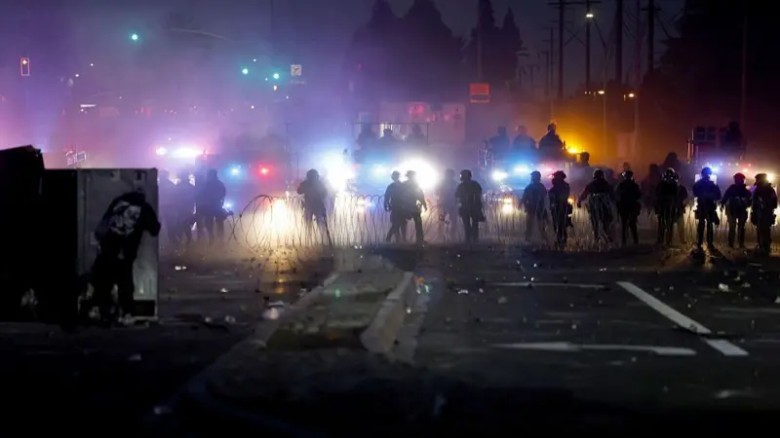
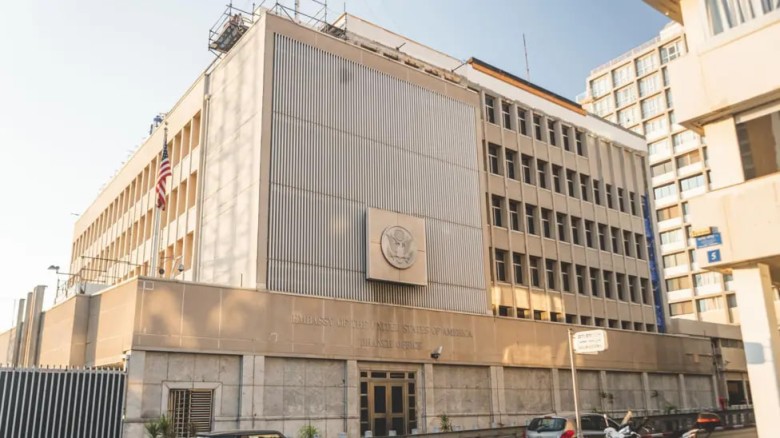
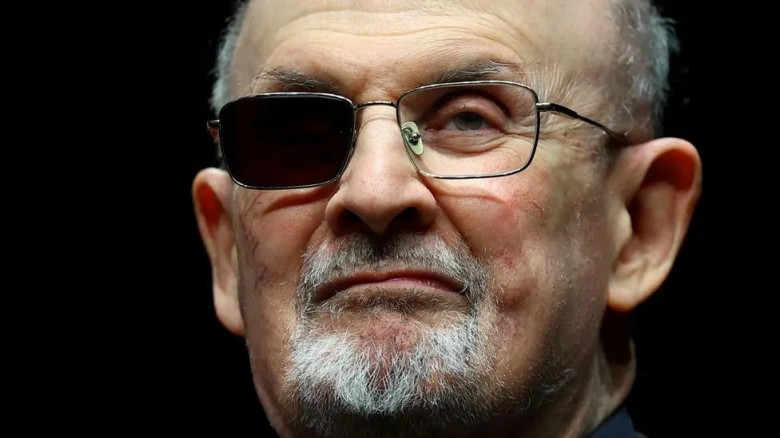
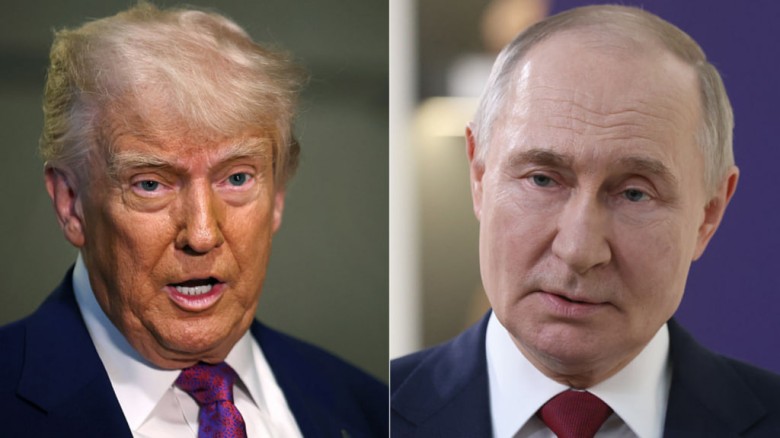




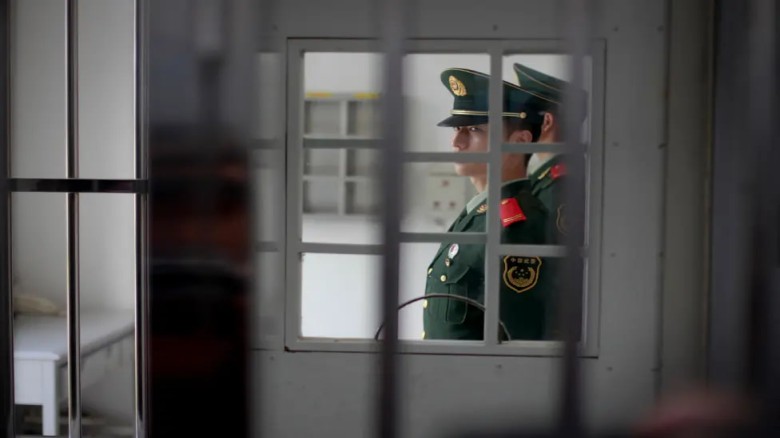








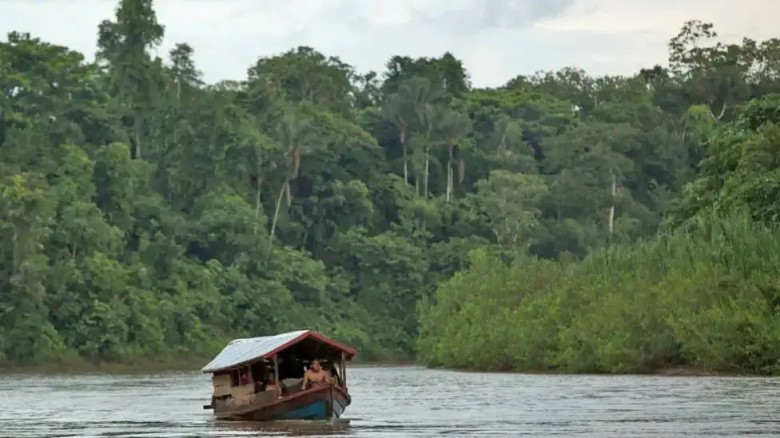











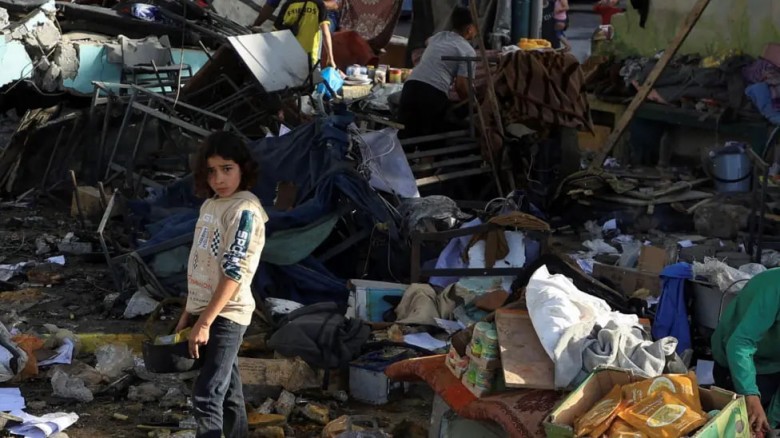












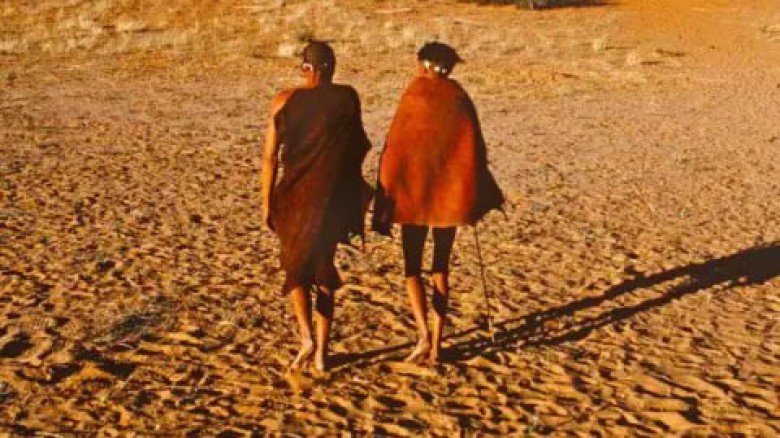





















Leave A Comment